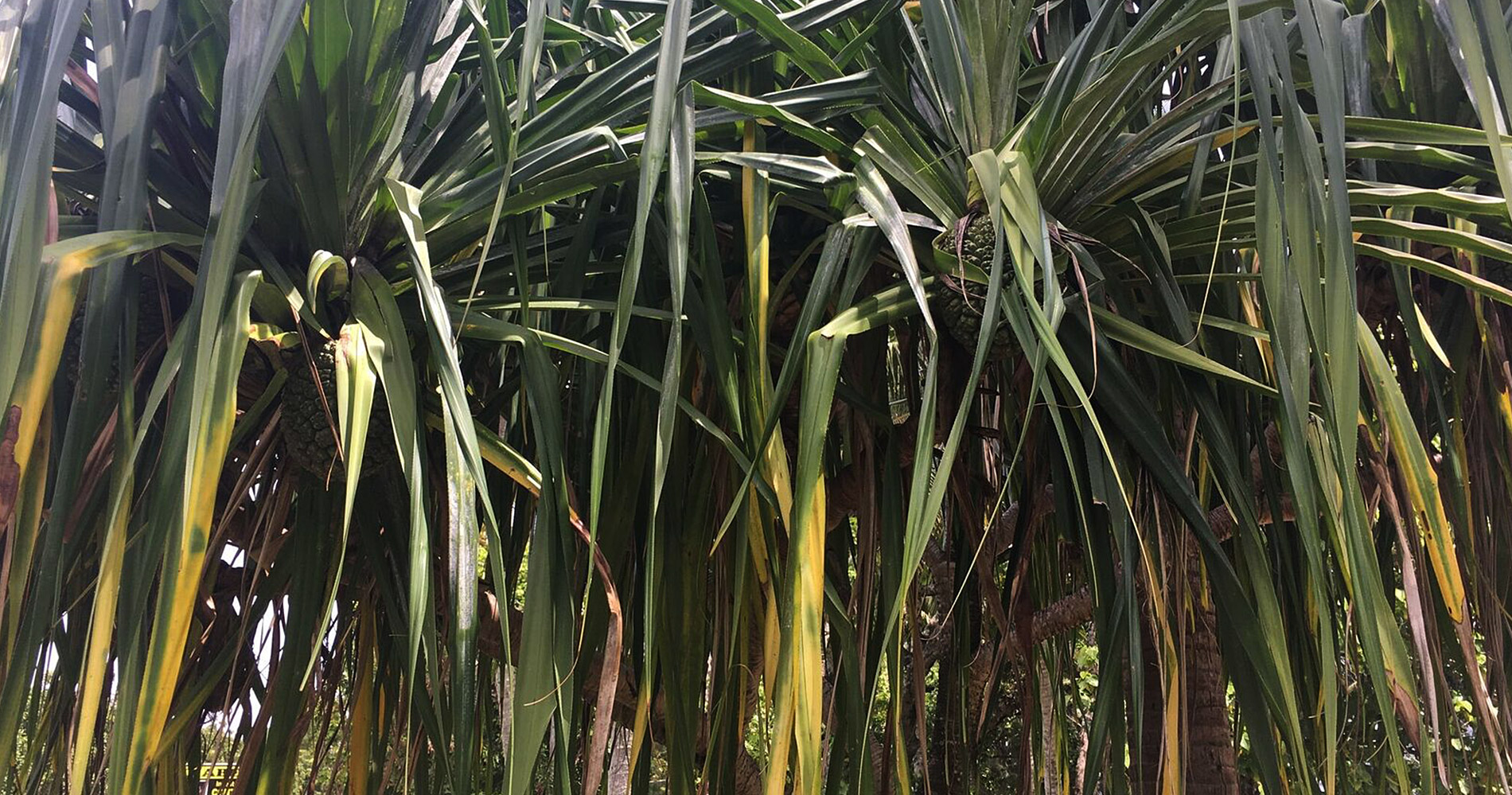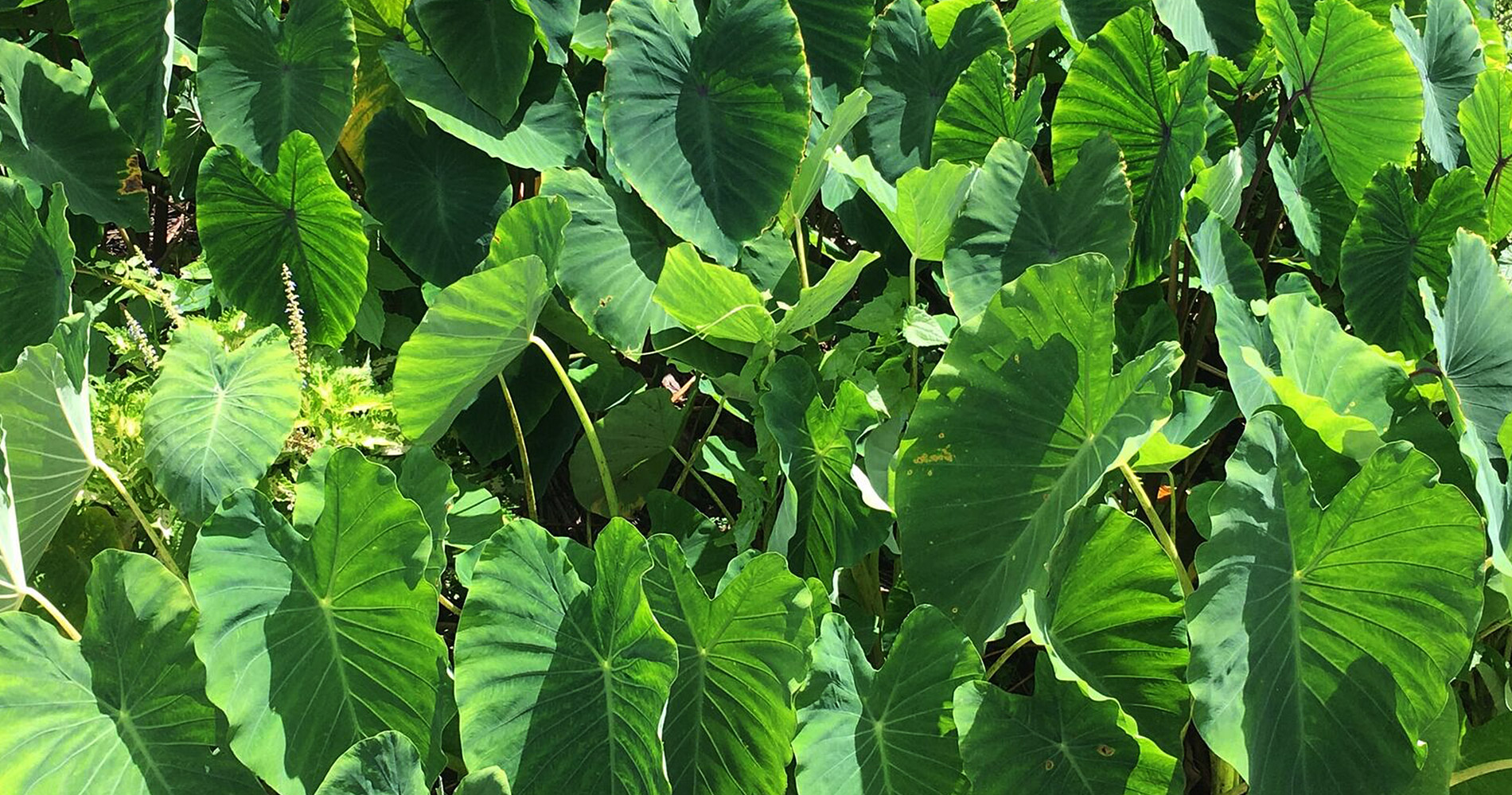atua Pronunciation
1. God, god. Kua ta‘ua te au atua ‘ītoro o tō mātou ‘ui tupuna ki te a‘i. The heathen gods of our ancestors were burnt. Akamori atua ‘ītoro, worship idols. Ko te Atua tō tātou ‘akapū‘anga ē te māro‘iro‘i. God is our refuge and strength; ‘E tangata ‘īrinaki Atua ‘aia. He is a man who trusts in God.
2. An object of excessive devotion. Ko tāna tamaiti ‘openga ‘e atua nōna. His youngest child is the apple of his eye; ‘E atua nōna taua ‘īmenē ra. He’s really smitten with that song. (See ‘akaatua.) [Pn. *‘atua.].

